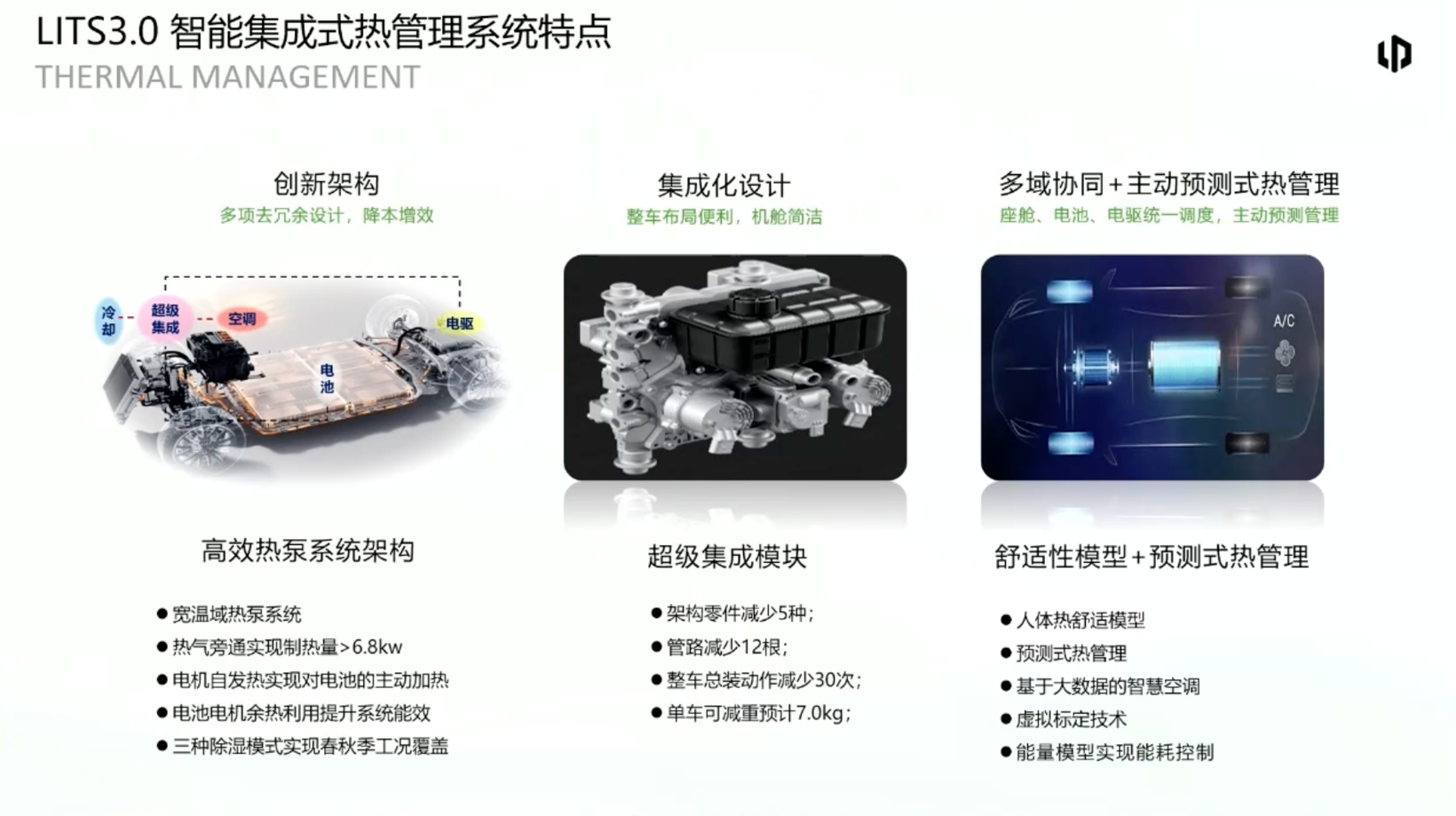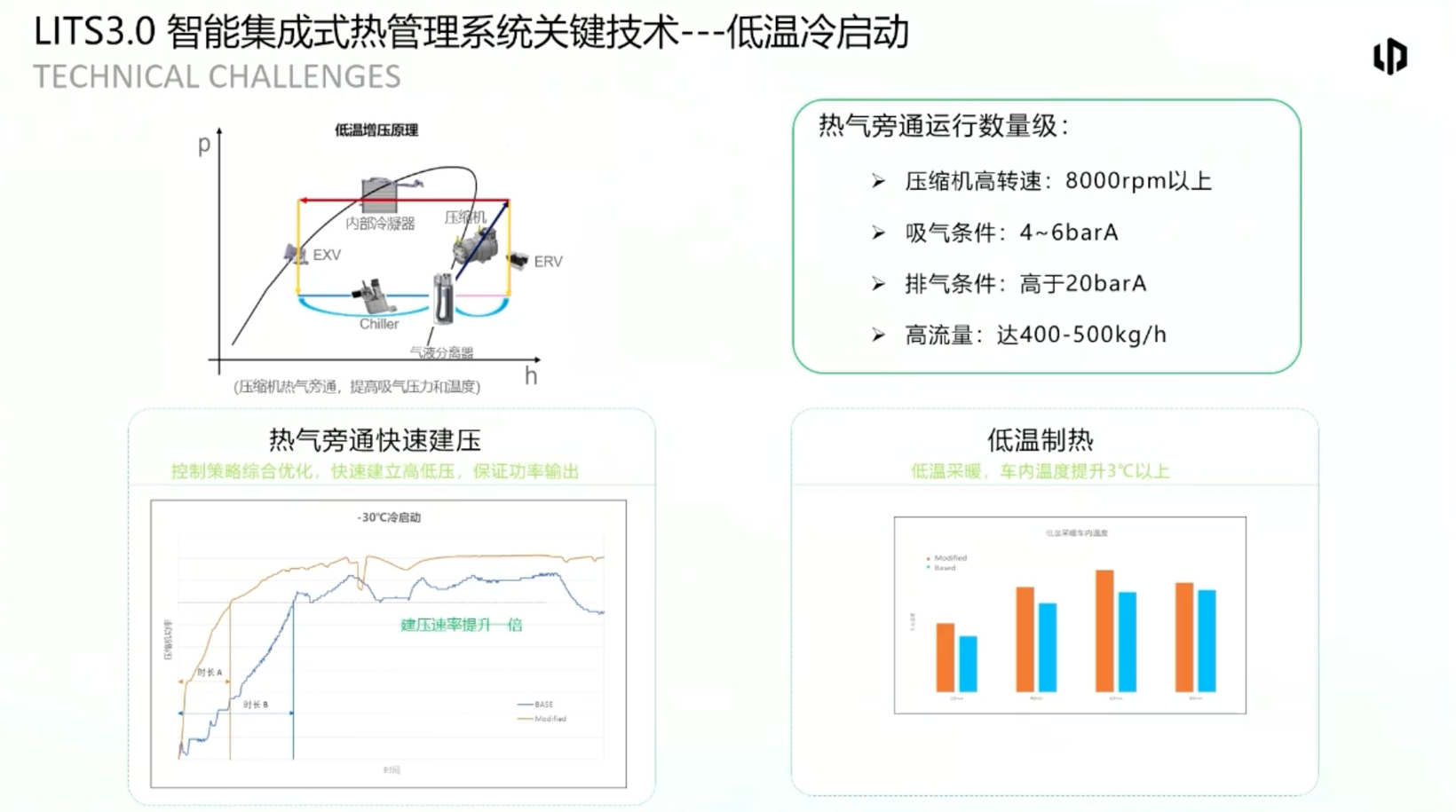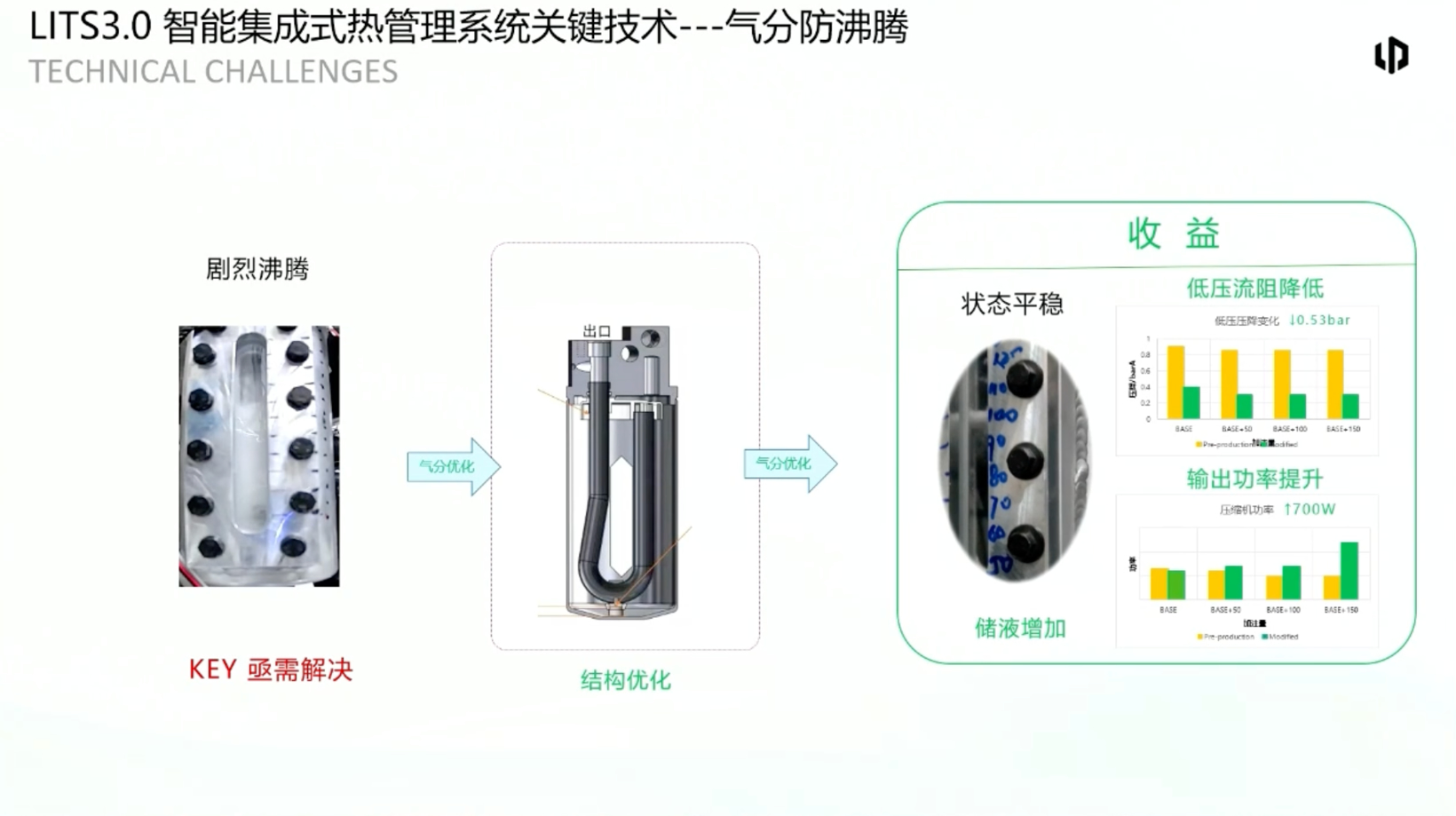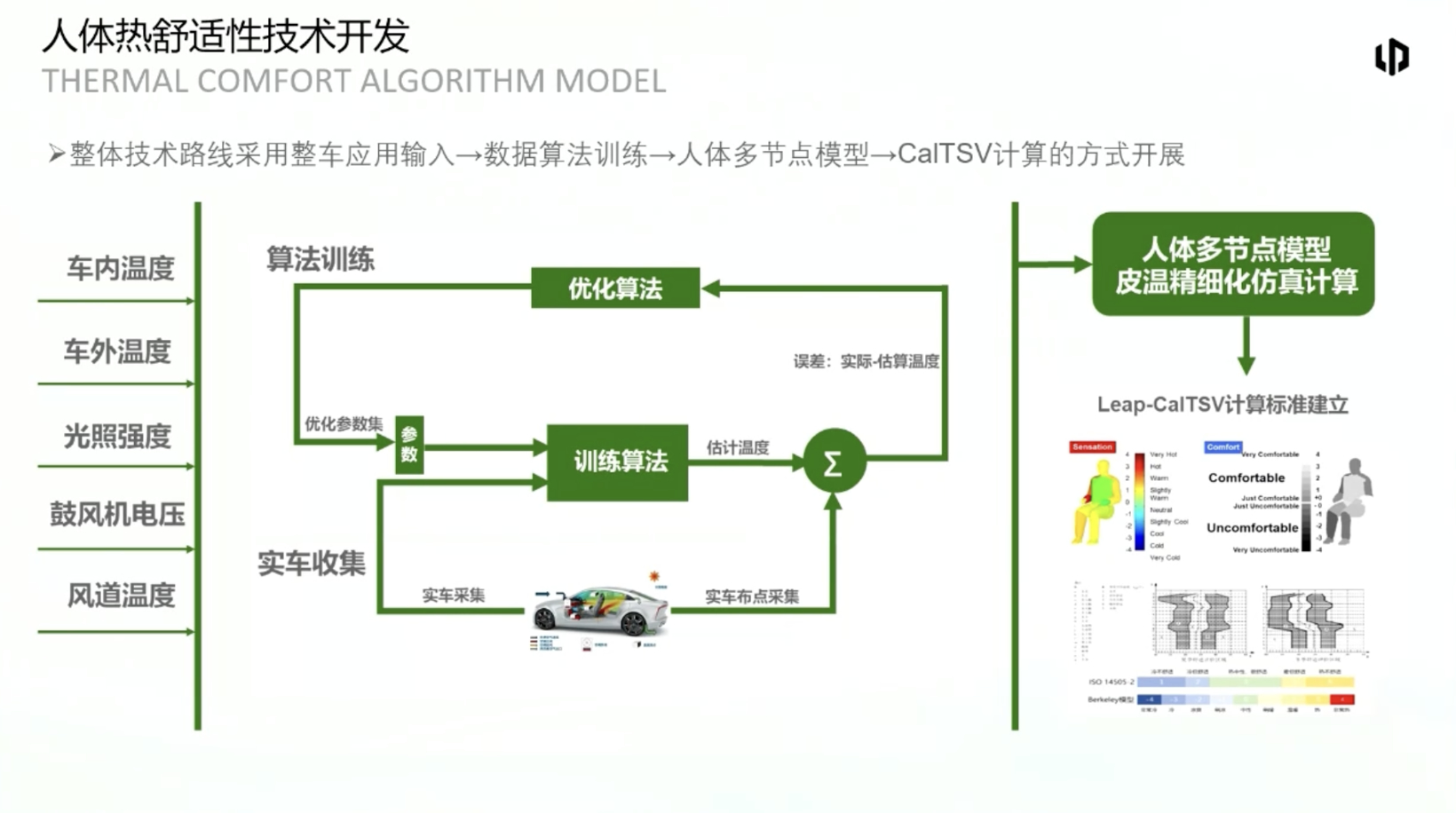On June 18, 2025, at the 3rd New Energy Vehicle Thermal Management Forum, Zhu Linfeng, Director of Energy Management at Leap Motor, introduced the company's advanced thermal management technologies in response to intense price competition and functional performance challenges in the industry. Leap Motor has implemented wide temperature range heat pump systems, heat gas bypass technology, and self-heating motor technology to enhance thermal management efficiency and vehicle range.
The design of components focuses on high integration through a super integration module, which reduces structural components and overall vehicle weight, improving assembly and energy efficiency. On the software front, Leap Motor has introduced multi-domain collaboration and proactive predictive thermal management combined with a human thermal comfort model and big data smart air conditioning virtual calibration technology for refined thermal management and optimal energy control.
Founded in 2015, Leap Motor has developed rapidly, achieving nearly 300,000 vehicle sales in 2024, ranking 11th among global new energy vehicle brands. The company is also expanding internationally, collaborating with Stellantis to promote overseas exports and has launched the B series models based on its Leap 3.5 architecture.
In the current competitive automotive landscape, the need for effective thermal management systems is crucial. Leap Motor has developed a heat pump system that operates in a wide temperature range, can generate over 6.8kW of self-heat, and includes active heating features for the battery through self-heating motor technology. Additionally, the company has implemented three different dehumidification modes for efficient operation during low-composite conditions in spring and autumn.
The super integration module allows for a significant reduction in components, leading to a 30% savings in space and a reduction in vehicle weight by approximately 7 kg, ultimately improving energy efficiency and reducing costs. The software strategy includes predictive management based on various data inputs to ensure stable operation without relying on traditional controls.
Zhu highlighted the importance of virtual calibration technology, which allows for real-time testing and adjustment of vehicle performance, significantly reducing the development cycle. The introduction of a human thermal comfort model further enhances user experience, ensuring that air conditioning systems are tailored to individual preferences based on comprehensive data analysis.
In summary, Leap Motor's innovative thermal management solutions aim to address the current challenges in vehicle energy consumption and range, leveraging big data to create smarter and more efficient systems that enhance user comfort and operational efficiency.
Leap Motor's Innovative Thermal Management Solutions for Electric Vehicles

Images




Share this post on: